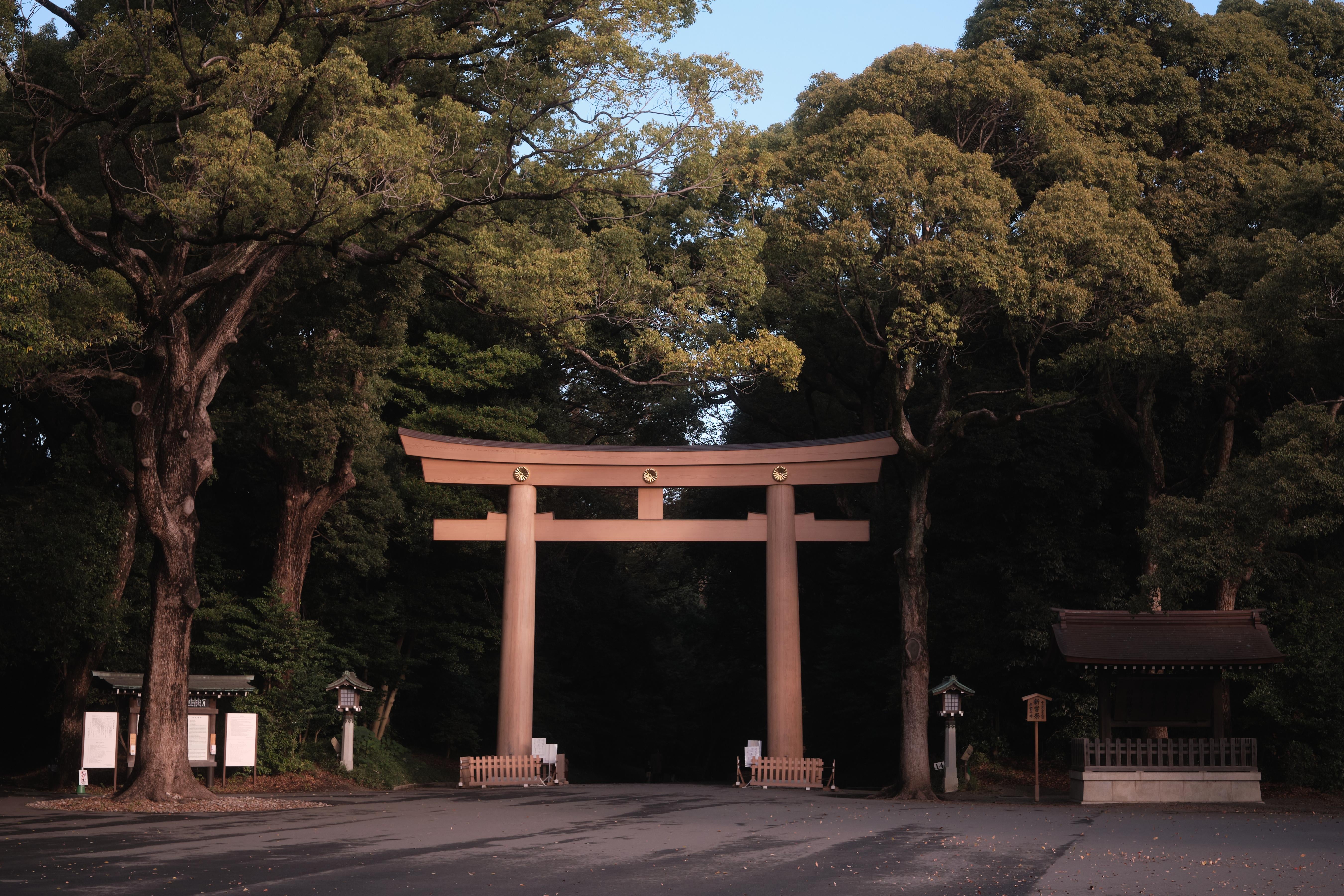[ad_1]

Meiji Jingu, located in Tokyo, Japan, is a Shinto shrine dedicated to Emperor Meiji and Empress Shoken. The shrine was completed in 1920 and serves as a place of worship and commemoration for the imperial couple.
The shrine is known for its grand Torii gate, made of cypress wood, which marks the entrance to the shrine. Visitors must pass through the gate to reach the main shrine structures, surrounded by a lush forest of over 100,000 trees donated from all over Japan and overseas. This serene environment offers a peaceful escape from the bustling city of Tokyo.
Throughout the year, Meiji Jingu hosts various Shinto rituals and ceremonies to mark important occasions and events. Thousands of people visit the shrine during traditional festivals such as Hatsumode (New Year’s visit) and Shichi-Go-San (celebration of children’s growth), as well as for personal prayers and wishes.
Meiji Jingu also plays a significant role in Japanese cultural and spiritual heritage. It stands as a symbol of the Meiji Restoration, a period of modernization and transformation in Japan’s history. The shrine’s architecture and design reflect traditional Shinto beliefs and practices, making it a valuable cultural landmark for visitors to learn about and experience Japanese spirituality.
Overall, Meiji Jingu is a revered shrine in Tokyo that serves as a place of worship, reflection, and celebration for locals and tourists alike. Its historical significance and natural beauty continue to attract visitors seeking spiritual connection and cultural immersion.
